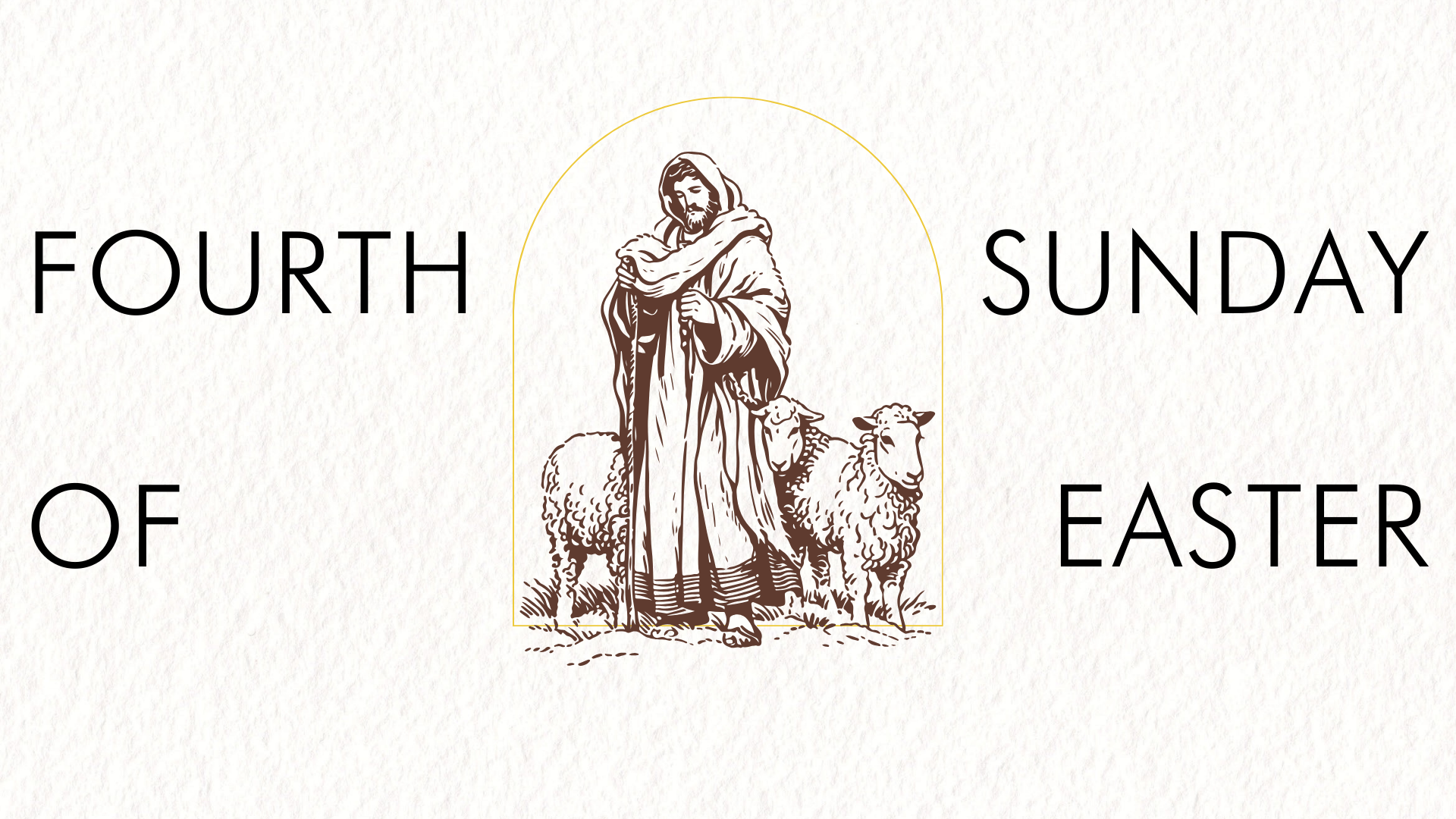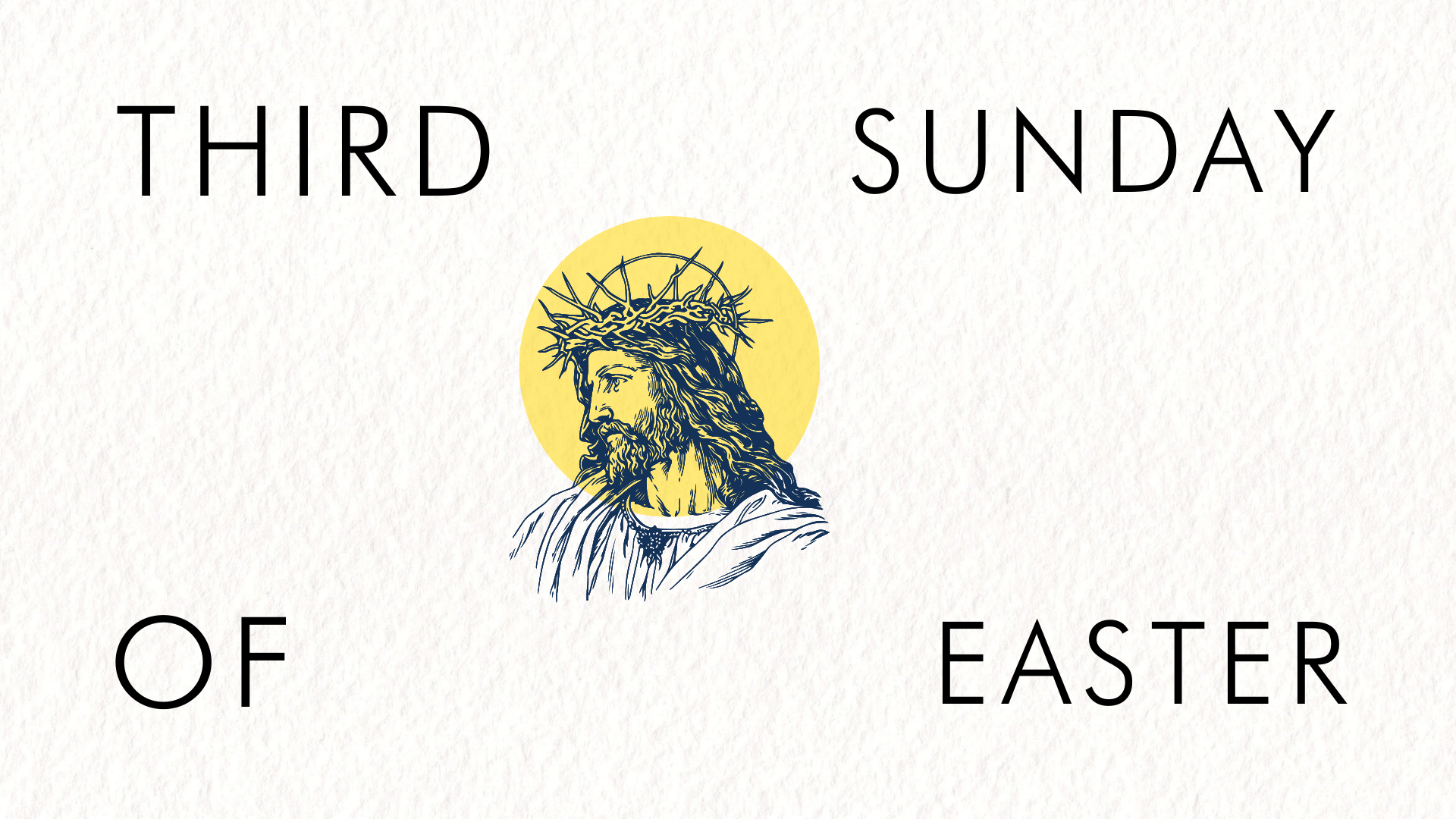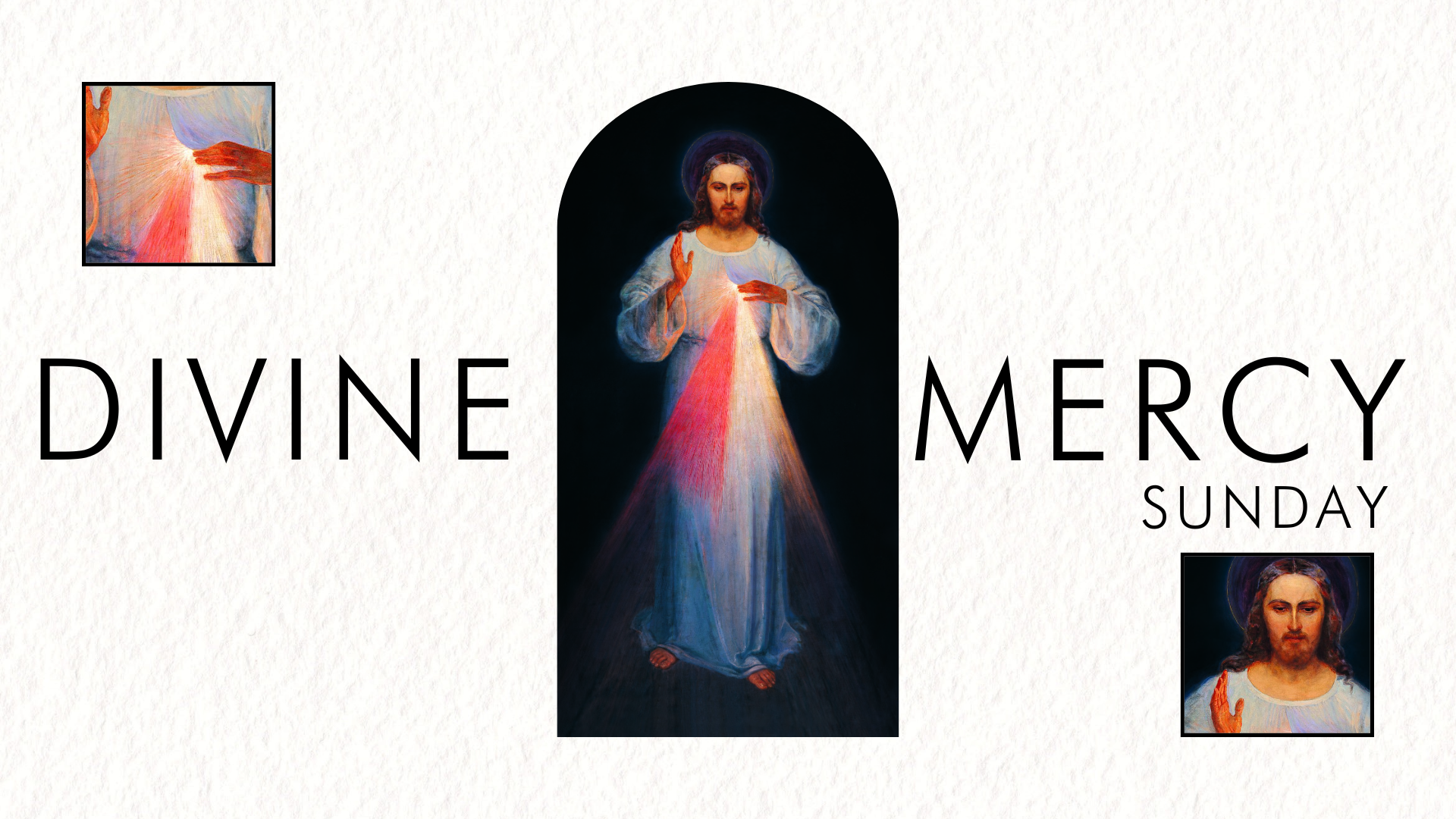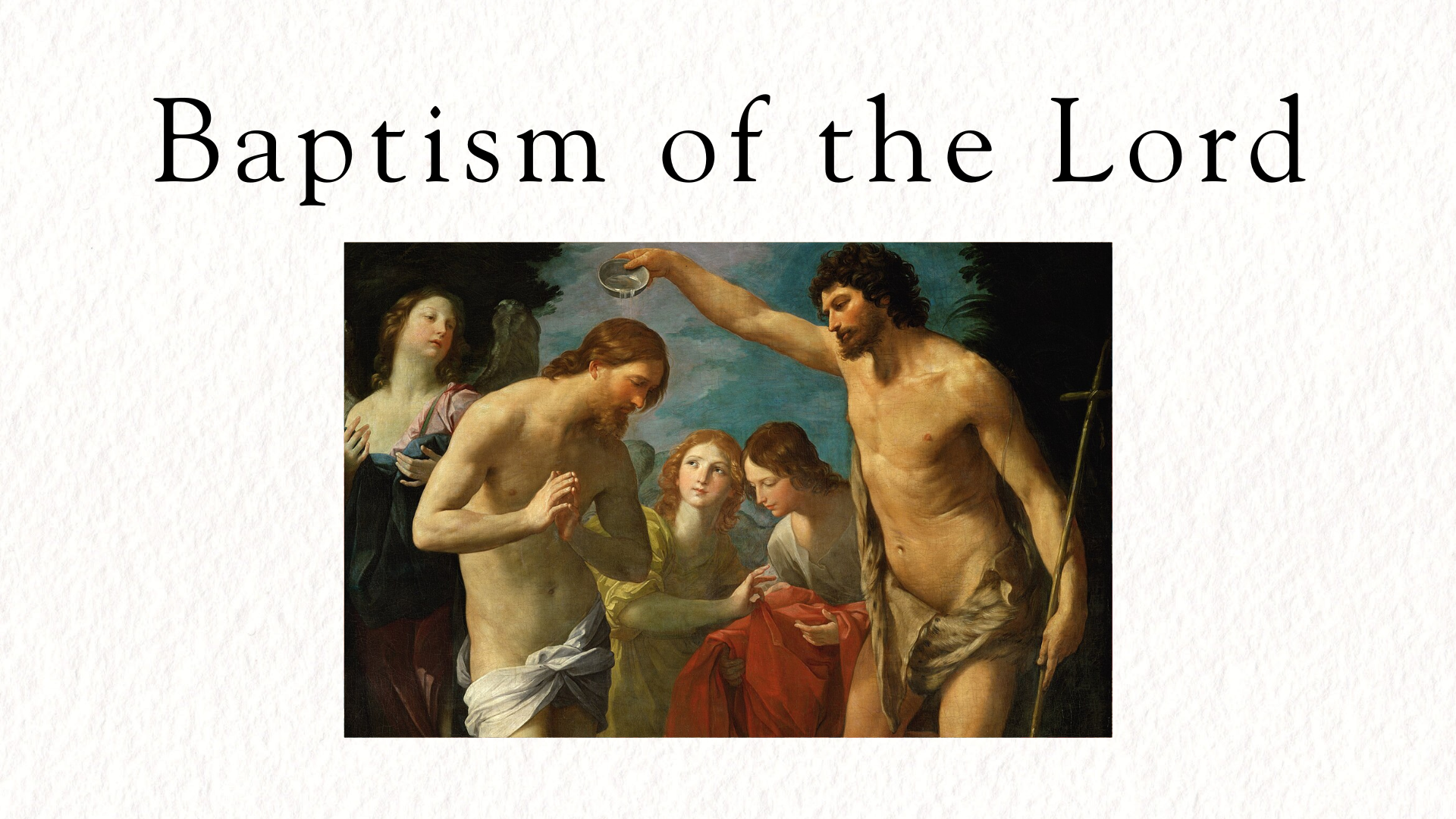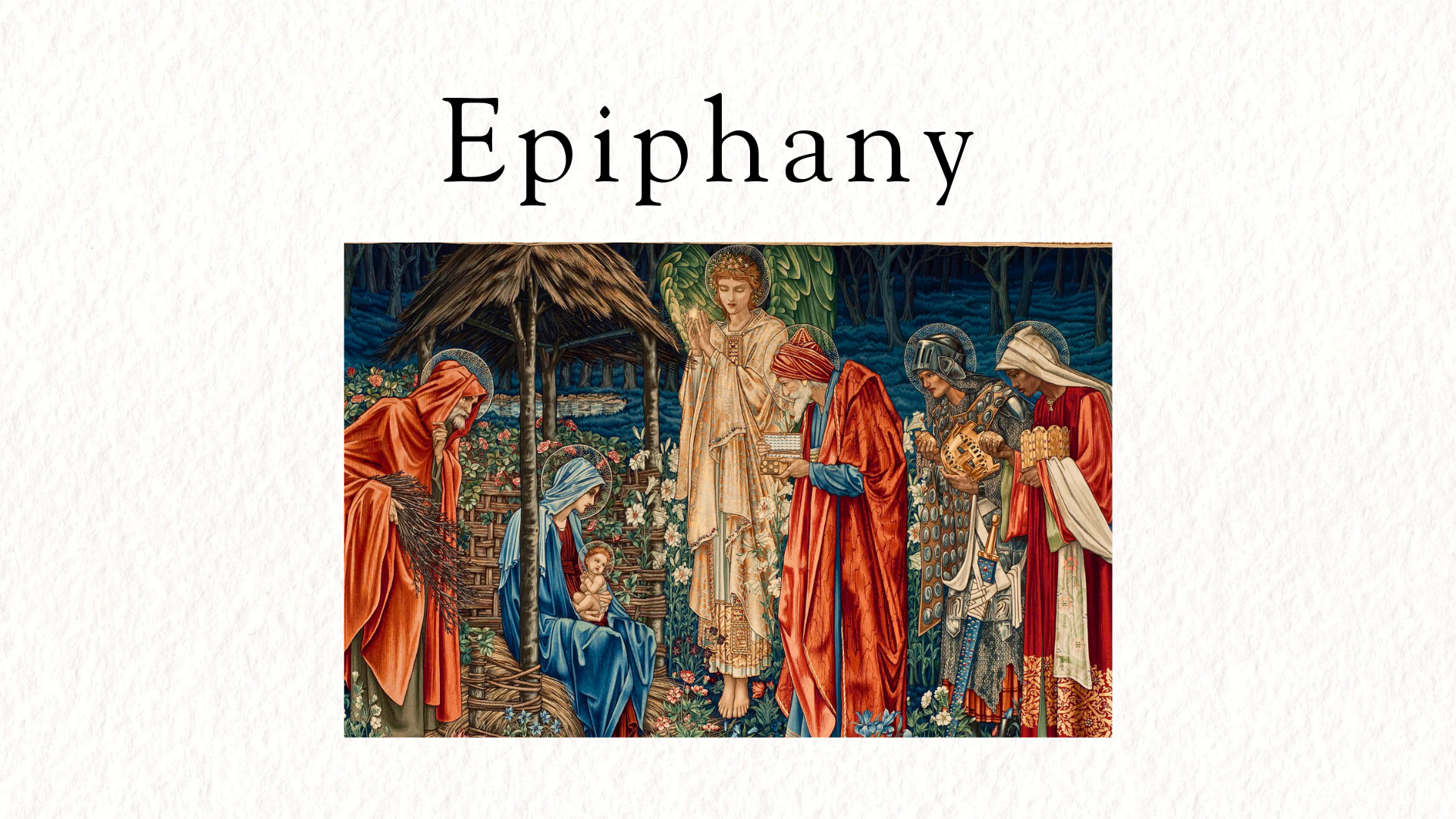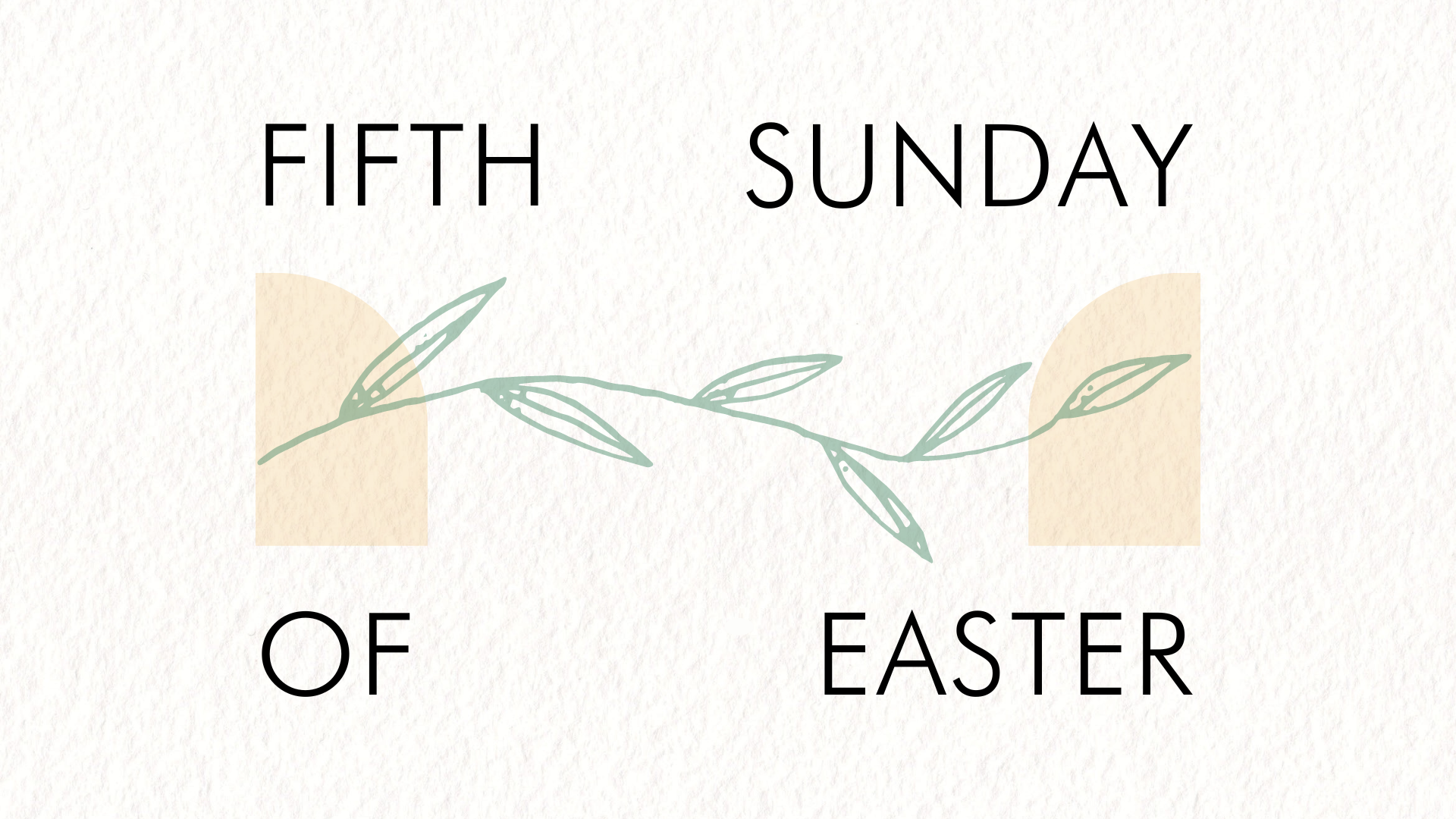
John 13:34
"I give you a new commandment: love one another. As I have loved you, so you also should love one another."
Fifth Sunday of Easter Readings: Acts, Revelation, John
Reflection:
In this Sunday’s Gospel (John 13:31–35), Jesus commands His disciples to love one another as He has loved them. This is not ordinary love like philos (friendship), eros (romantic), or storge (familial bond), but agape — the self-giving love manifested on the cross. It is on the cross, surprisingly, that Jesus’ glory is revealed. We usually imagine glory with trumpets, light, maybe angel choirs; yet Christ shows divine glory through suffering and sacrifice. The cross, which during the 1st century was a sign of humiliation and defeat, became the sign of ultimate victory, revealing God’s true nature: God is love.
This deep love must now be manifested in the Church. In Acts 14:21–27, Paul and Barnabas return to the communities they served, strengthening them and sharing what God had done through them.
The Church is not a club or a social organization; it is the living Body of Christ, called to embody Christ’s love and glory for the world to see.
Jesus commands not that we “like” one another, but that we love, willing the good of the other, even when it is difficult. We often fail at this, and the world notices when we do. At St. James (and beyond), we must ask: How well do we love one another? Are we willing to serve, to sacrifice, to refrain from gossip or criticism? True love, revealed on the cross, is what marks us as His disciples and shows the world who God really is: a Trinity of self-emptying love.
Reflection Questions
- In what ways am I being called to show Christ-like, self-sacrificial love to those around me — especially those I may not naturally “like”?
- Do I see the Cross as a place of glory — not just suffering — and what does that reveal to me about who God is and how I’m called to live?
- How well does my participation in the Church — in community, service, and relationships — reflect the love and unity of the Body of Christ?

